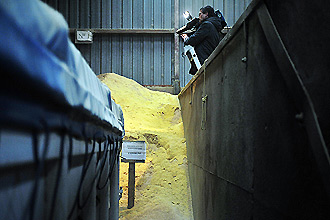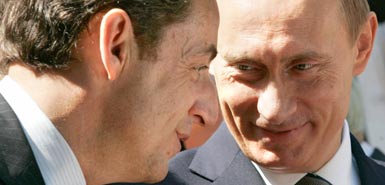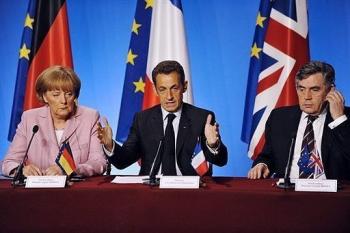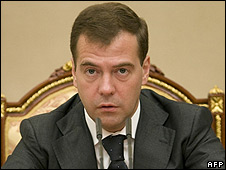– Richest apartment block in US becomes a house of horrors (Guardian):
The lavish apartments of 740 Park Avenue are home to 30 of America’s wealthiest and most influential families. At least they were until the historic confluence of financial disasters struck, lopping billions of dollars off their combined net worth. Now the formerly untouchable denizens of this famous apartment building look like they could lose it all.
– French aristocrats the Wendels forced to put North Sea assets on the block (Times Online):
THE Wendel family, one of France’s most prominent industrial dynasties – which once made cannons for Louis XIV – has put its North Sea oil company up for sale in a desperate bid to raise cash after debt-fuelled investments soured, threatening to make it one of the most high-profile casualties of the global financial crisis.
– State employees stunned by request for $250 million in concessions (Cleveland.com):
COLUMBUS — The state has asked workers in its largest labor union to accept a 5 percent across-the-board pay cut, a shorter work week and unpaid holidays to help balance the state’s troubled budget, according to a document obtained by The Plain Dealer. The list of cuts and changes Gov. Ted Strickland’s administration has asked the workers to accept, which also includes mandatory furloughs and paying more for their health insurance, would amount to $250 million in concessions, according to a members-only e-mail from Ohio Civil Service Employees Association president Eddie L. Parks.
– Eastern Europe braced for a violent ‘spring of discontent’ (Guardian):
Riots and street battles are set to spread through Bulgaria, Romania and the Baltic states as inflation, unemployment and racism fuel tension, reports Jason Burke
– Obama team weighs government bank to ease crisis (Reuters):
(Obama team weighs government bank to loot taxpayers’ even more.)
– Obama Bank Rescue May Make New Effort to Resolve Toxic Assets (Bloomberg)
– VeraSun to put 7 plants up for auction (Forbes):
VeraSun Energy Corp., the nation’s second largest ethanol producer, is putting seven of its biorefineries up for auction as part of a bankruptcy court financing agreement.
– Brown’s fury at Royal Bank of Scotland’s £2.5bn loan to Russian oligarch (Daily Mail)
– Recession drills deep into oil and gas (Independent)
– Gulf Shares Fall on Concern That Earnings May Lag Expectations (Bloomberg)
– Oil demand to fall again in 2009 (BBC News):
(Oil demand dropped very little … compared to oil prices. This makes no sense whatsoever, unless what Lindsey Williams said is actually happening right now.)
– Monetary union has left half of Europe trapped in depression (Telegraph)
– Iraq reconstruction’s bottom-line (Asia Times)
– UK is in freefall, warns think-tank (Guardian)
– Florida’s Nadel Missing as FBI, SEC Investigate Funds (Bloomberg)










